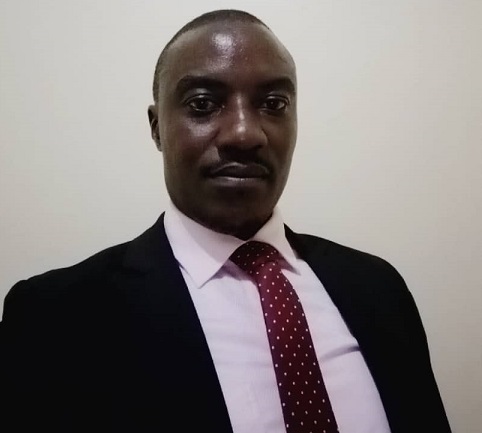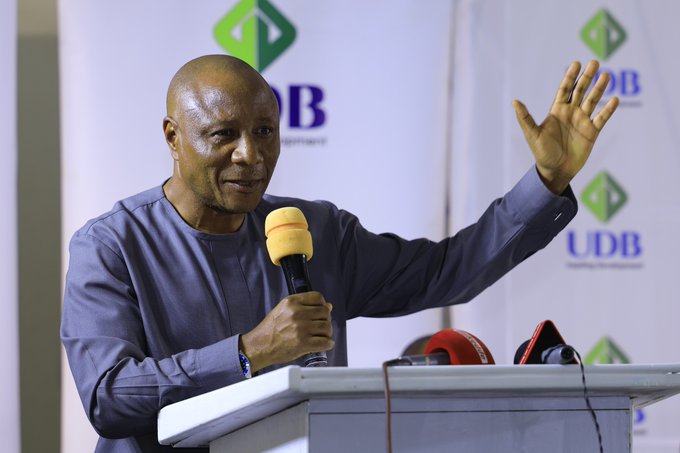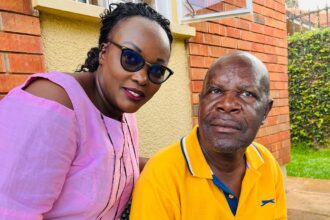Politics is often fueled by passion, and no one embodies this more than the grassroots mobilizers—the foot soldiers who dedicate themselves to ensuring their candidates win. They wake up early, knock on doors, chant in rallies, and defend their leaders with unwavering loyalty. Through the heat, the rain, and the resistance from opposing camps, they push forward, believing that their sacrifice will one day be rewarded. But when the celebrations end and power is secured, many find themselves sidelined, watching from the crowd as others take the seats they fought so hard to fill.
The transition from the streets to the boardrooms of power is never guaranteed. The same people who put their hearts and souls into the struggle often find that when the time comes to lead, they are unprepared. Passion alone does not make one a good leader. The ability to gather crowds and chant slogans is very different from running a government, managing resources, and making policies that shape a nation’s future. Without the right knowledge and skills, many who rise through populism struggle to govern effectively, and the very people who put them there are the first to feel the consequences.
Uganda’s 2021 elections painted this reality clearly. Many candidates who rode on a wave of popularity found themselves lost in parliament. Some went an entire term without ever speaking in a debate, unable to articulate issues or challenge policies. Others made campaign promises to build roads, hospitals, and schools—things that are not even within a Member of Parliament’s role. They meant well, but they simply didn’t understand the system they were stepping into.
This is not just a Ugandan issue. The world has seen leaders who, despite their charisma and popularity, failed to govern effectively. Liberia’s Samuel Doe rose through a military coup but lacked the experience to manage a country, leading to economic collapse and a brutal civil war. Zimbabwe’s Robert Mugabe, once celebrated as a liberation hero, left behind a broken economy due to poor policies. Venezuela’s Hugo Chávez won the love of the masses but left his country in economic turmoil. Even in Uganda’s past, some leaders who came into power through coup d’etat struggled to transition from warriors to administrators.
Leading a country is not like managing a home, a constituency, or a political party. It takes more than good intentions and loud speeches. It requires a deep understanding of governance, economics, diplomacy, and law. Many foot soldiers who secure victories for their leaders fail to prepare for the reality of governance, and when the opportunity for leadership arises, they find themselves overwhelmed.
But the responsibility does not lie with them alone. Voters must also do better. Too often, elections become about short-term excitement—who gives the best speeches, who provides handouts, who entertains the crowd. Little attention is paid to who actually understands how to govern. The result? A country led by people who don’t know how to craft laws, manage national resources, or question bad policies. And when things go wrong, the very people who voted for them suffer first.
For those who dream of rising from the trenches of mobilization to the corridors of power, the lesson is clear: loyalty alone is not enough. Winning an election is just the beginning; the real work begins after victory. If political foot soldiers want to be more than just campaigners, they must invest in knowledge. They must understand governance, develop leadership skills, and prepare for the day when they, too, might have to sit at the decision-making table.
The saddest part of this cycle is that those who fight hardest for political victories often end up with nothing when power is finally secured. They remain spectators, watching as others—sometimes less committed, sometimes even outsiders—take the rewards of their labor. If nothing changes, they will continue being used as stepping stones, never crossing the bridge themselves.
Do you have a story in your community or an opinion to share with us: Email us at Submit an Article







